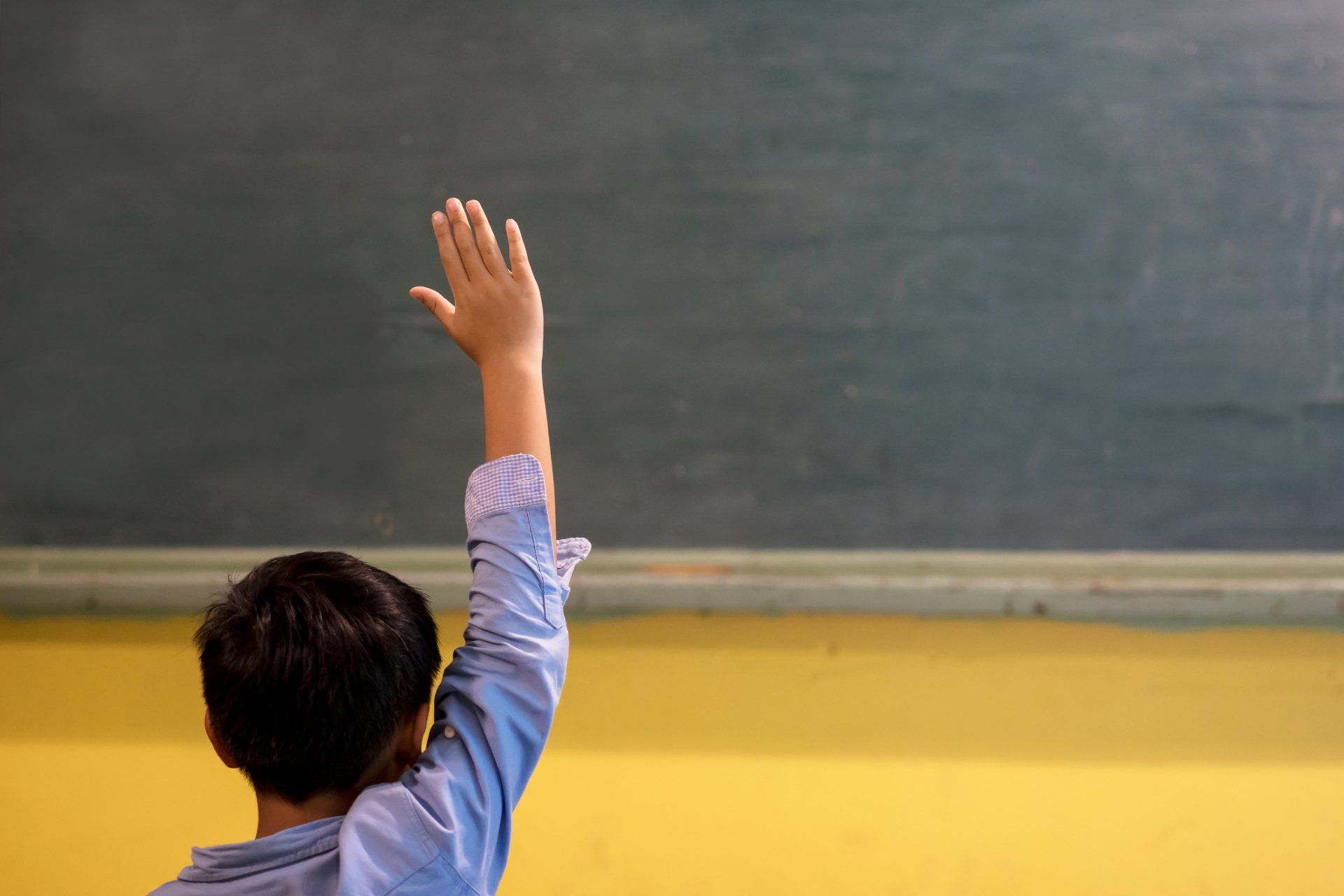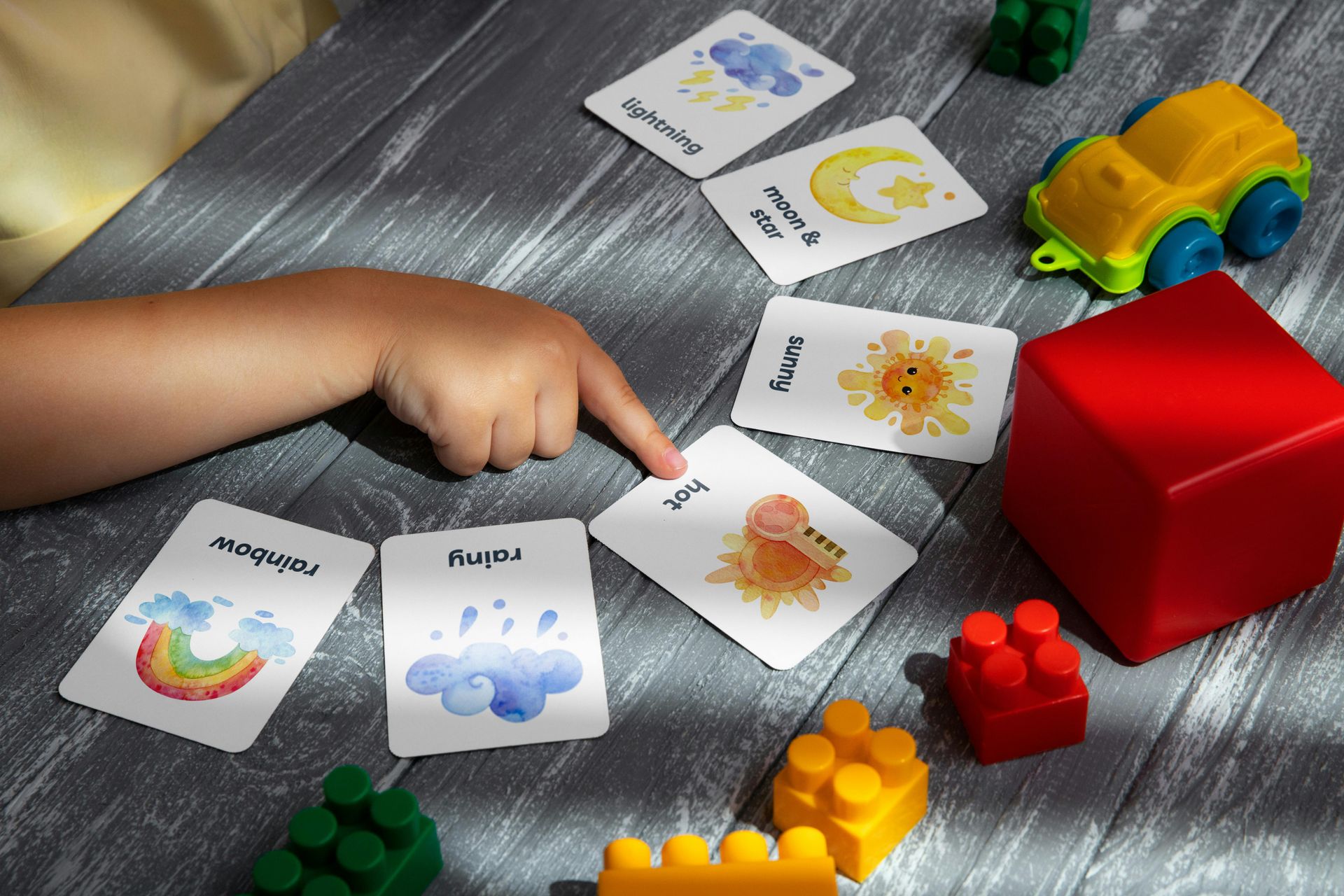Considering a Transition from ABA Treatment to a Regular Classroom Setting
Considering a Transition from ABA Treatment to a Regular Classroom Setting

Starting school is a big milestone for any child, but for a child with autism this can be an especially significant step. The best way to prepare for a major transition such as this is to first consider if your child is ready for the leap. Here are some questions to keep in mind before making the switch.
● Does my child have the social skills appropriate for their age group? This may include flexibility, recognition of personal space, initiating conversation, responding to requests, etc.
● Does my child demonstrate the skills necessary for classroom engagement—paying attention, following instructions, staying seated, waiting turns, and so on?
● Is my child ready for grade-level instruction in core subjects like reading and math?
● Can my child complete school work independently?
● How well does my child handle transitioning from preferred activities to learning tasks and activities that they may find less-than-desirable?
● Does my child engage in age-appropriate play in both structured settings—like P.E. class—and unstructured settings such as recess?
● How much further teaching and practice might my child still need in order to become proficient at the above skills?
As you work through these questions—especially the last one—it is important to communicate and collaborate with your child’s ABA therapist. They are your best resource to reduce problem behaviors and ensure your child’s best chance for maximized learning in the school setting. If gaps in the skills above still exist, you may choose to discuss the following items with the therapist.
● Does your child’s transition plan include prioritized gaps that must be addressed before your child’s move to the regular classroom?
● What supports are the school prepared to provide in order to address your child’s academic areas of need? For example, if your child will be starting at a below-grade reading level, what intervention and tools does the school offer?
● Is the school prepared to make any necessary accommodations or modifications for your child?
● How might the school scaffold your child’s learning in the transition? This could include academic, social, or behavioral supports that may be gradually removed as they are no longer needed. Perhaps starting part-time vs. full-time, meeting in a social skills group, or extra paraprofessional help in the classroom in the early days may be fitting.
Whatever supports your child needs as they begin this exciting transition, consult your support team found in your child’s ABA therapist and the professionals in your child’s new school setting. Working together is the most promising way forward towards your child’s best possible school experience.
Contact Positive Reinforcement today for ABA therapy servicing North Virginia, West Virginia. Now providing ABA Therapy Services in Richmond Virginia.










